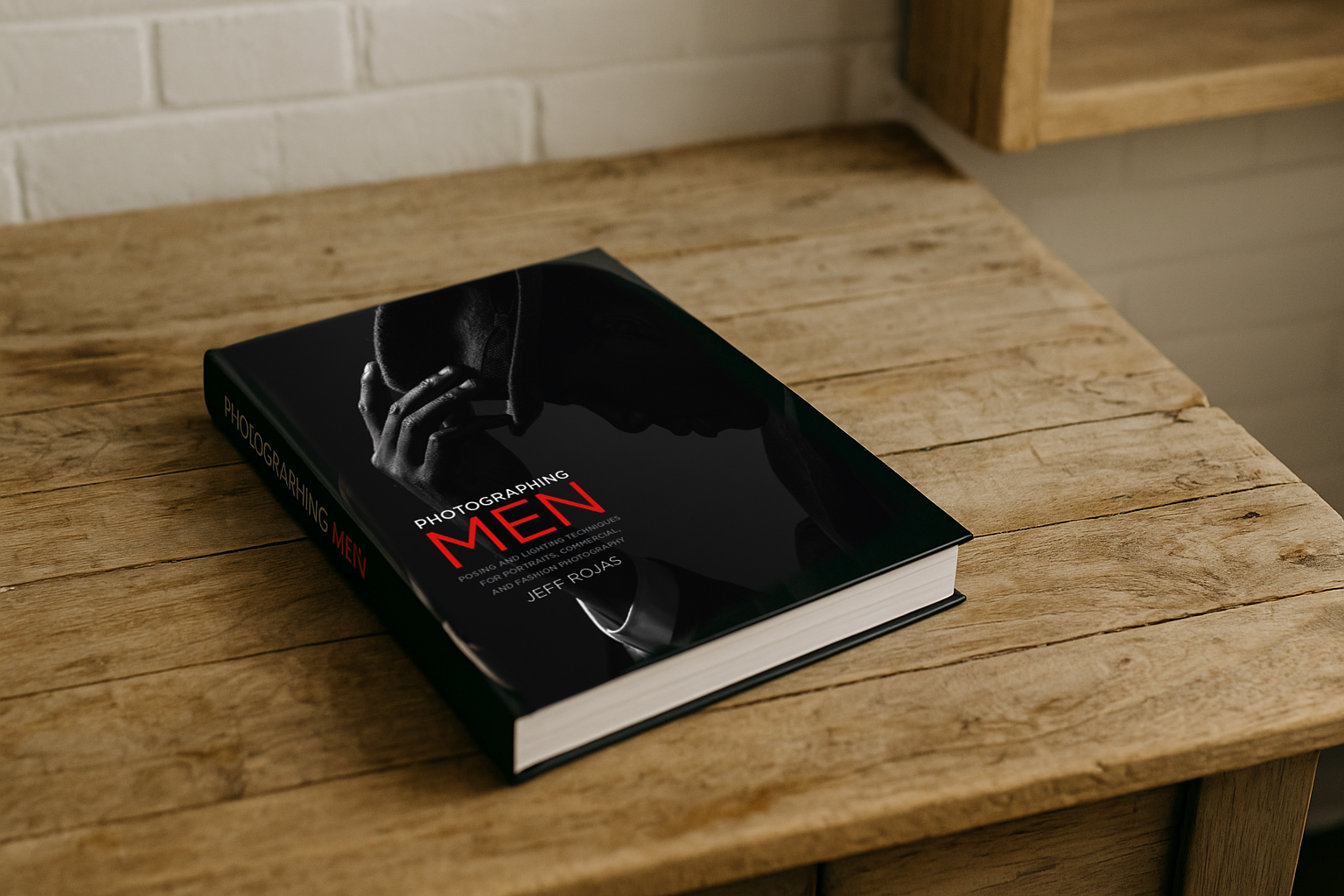How to Get Published (Without Writing the Whole Book): A Strategic Guide for First-Time Authors
Writing a book doesn’t start with writing a book. It starts with a sellable idea. If you're serious about becoming an author, don’t waste time writing 300 pages no one asked for. Instead, package your concept to grab a publisher's attention.
Come Up with an Idea, Don’t Write the Whole Book
Start by putting your idea through a litmus test:
Your Working Title – Something specific, not clever. Clarity sells.
A One-Sentence Summary – Think: back cover blurb meets elevator pitch.
One Paragraph Summary – Expand slightly, but keep it tight. Who is this for? What will they get from it?
One Initial Chapter – Showcase your voice, pacing, and format. Hook the reader, fast.
Find the Right Publisher
Not every publisher is your publisher. Your goal is alignment, not just acceptance.
Visit your local bookstore. Which publishers dominate the shelves in your genre? Which titles are front-facing or on promotional tables? That’s where publishers are putting ad dollars, and it’s a sign they support their authors.
Build a list of 3–5 aligned imprints or presses. Look at what they’ve published and who their authors are. If your book fits their brand, you’ve got a better shot.
Pitch Your Idea Like a Business Plan
This isn’t about just being a good writer but showing market potential. Your pitch should include:
A short, engaging overview
A competitive analysis (what similar books exist, and how yours is different)
A plan to help promote the book (yes, they expect you to market too)
Most books never get picked up. That’s normal. What’s not normal is quitting after the first no. If your idea doesn’t land, refine it. Or start again.
The secret to getting published isn’t perfection, it’s persistence and positioning.
Pro Tip: Head to your local bookstore and flip through books in your genre. You’ll often find the editor’s or publisher’s contact info right in the front matter. It’s one of the simplest ways to build a targeted list of who to pitch, and what kind of work they publish.
Remember This.
Over the past decade, working closely with publishing houses as a published author and a consultant helping them drive business growth, I’ve come to understand just how high the stakes are in this industry.
A few stats worth calling out:
Most books don’t make money. Fewer than 10% of traditionally published titles generate a meaningful profit.
Publishers rely on breakout titles. A handful of bestsellers carry entire publishing seasons, often subsidizing losses from the rest of the catalog.
Platform matters more than prose. Today, an author’s ability to market, sell, and build an audience is often more valuable to a publisher than the manuscript itself.
Backlist titles drive long-term value. Publishers increasingly rely on proven titles to create consistent revenue rather than betting solely on new releases.
The takeaway? If you're hoping to land a book deal or make a real impact, don't just write a good book. Build a platform, think like a marketer, and position yourself as a partner in profitability.
Consider Self Publishing
Lastly, one of the biggest lessons I’ve learned: writing and selling eBooks is often more financially rewarding than traditional publishing at least from a business standpoint.
The reasons are simple:
Lower overhead. No printing, shipping, or warehousing costs.
Full control. I can update content instantly, tailor it to my audience, and respond to market needs in real time.
Higher margins. I keep the majority of the revenue rather than a small royalty percentage.
But here’s the tradeoff: the success or failure of an eBook rests entirely on my shoulders. There's no publisher funding the launch, handling distribution, or booking the press tour. It’s all on me.
Still, for creators who are entrepreneurial, agile, and audience-driven, eBooks offer something the traditional path often can’t: speed, autonomy, and scalable income.

